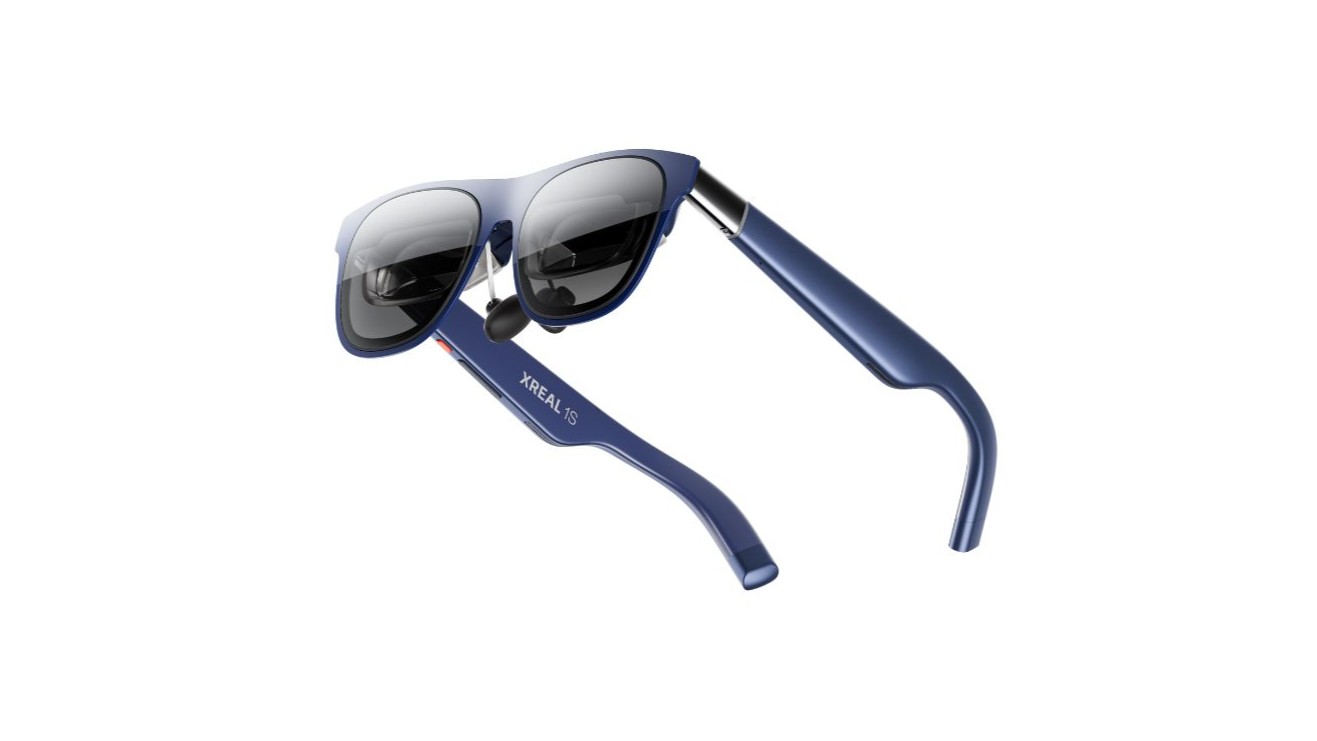You, too, can be internet famous - but do you want that? - Talk Mobile
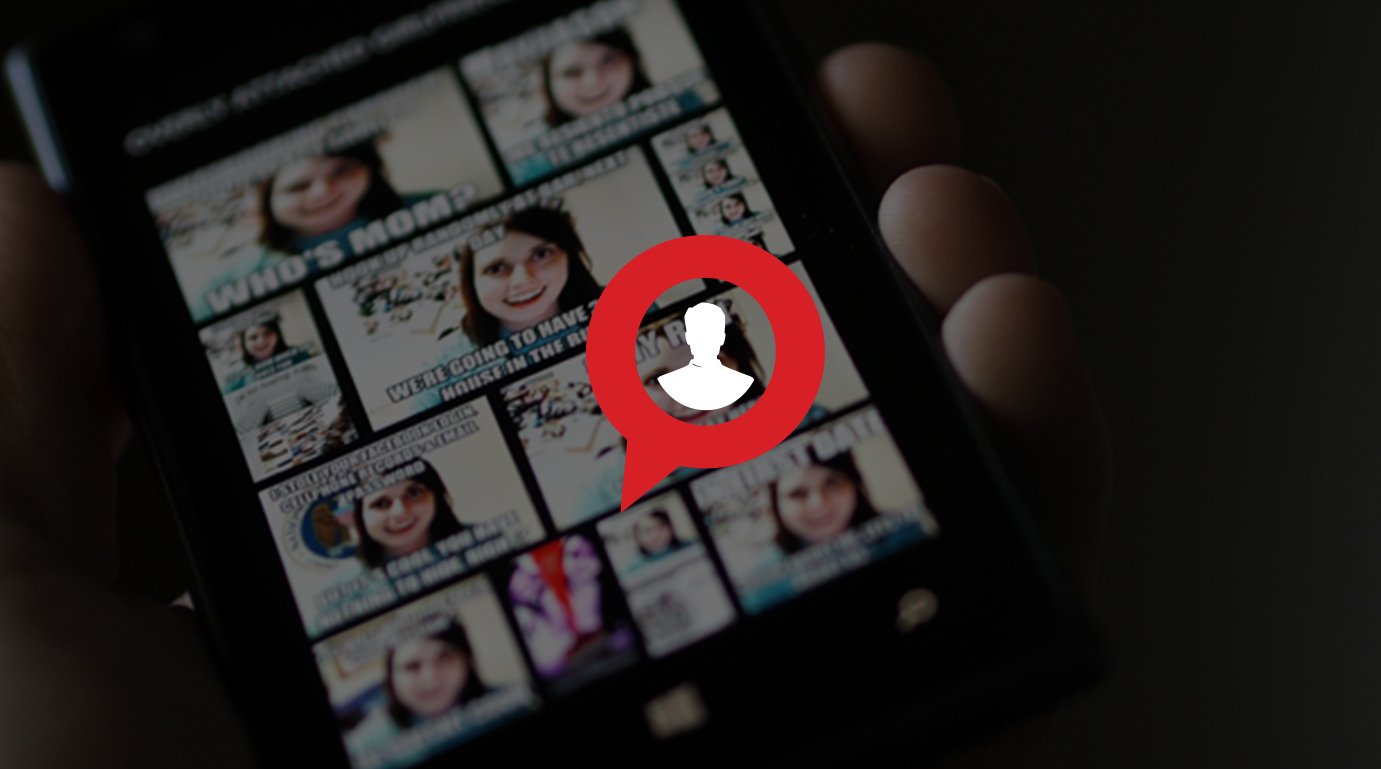
Presented by Blackberry
Talk Mobile You
You, too, can be internet famous - but do you want that?
by Rene Ritchie, Daniel Rubino, Kevin Michaluk, Phil Nickinson
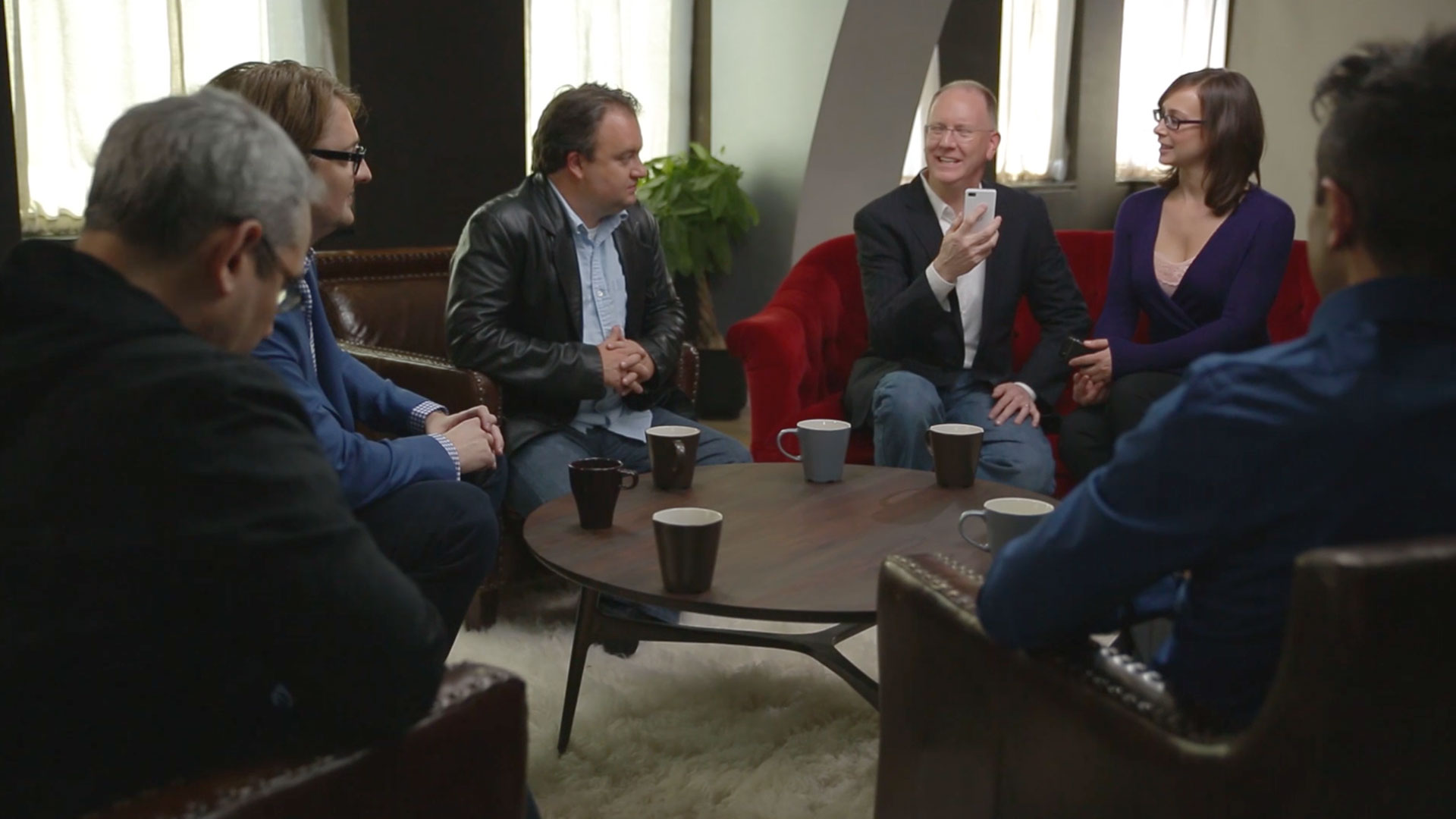
More than anything in the past, the internet offers the opportunity to rocket your notoriety into the stratosphere overnight. News used to run in a daily cycle, with the morning newspaper, maybe an afternoon edition, and the evening news.
Today the news runs in an unending unstopping cycle, augmented, supplemented, and in large part supplanted by social networking and media. What you do that ends up online can bring instant and overnight fame - and that might not be a good thing
So just how famous can you be on the internet, can your fame transcend this world of fiber, silicon, and electrons? Can your photos bring you fame in the same manner as your words, or will it just be the photos themselves that achieve fame? Is it possible to leverage that fame into income, or are you destined to be burdened with your profitless notoriety?
Let's get the conversation started!
Get the latest news from Android Central, your trusted companion in the world of Android




Internet Fame
Articles navigation
- Photographic Fame
- Internet Famous
- Monetizing Fame
- Pitfalls of Fame
- Internet Hostility
- Conclusion
- Comments
- To top

01
Sharing online elevates the photographer
In fact, sharing photos on the internet has become a major part of our online communication. Why describe something in cumbersome , inaccurate words when you can just post a photo that shows exactly what you're talking about? But can posting those photos bring you fame and acclaim? Certainly.
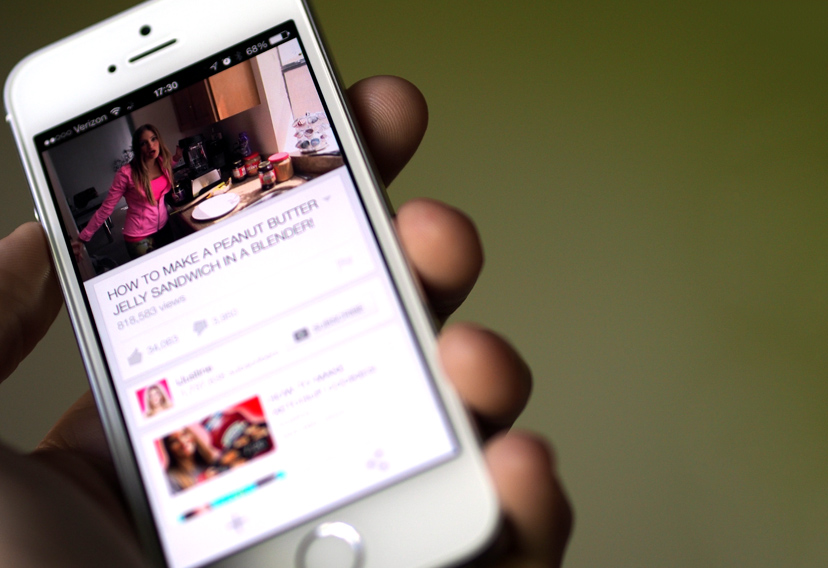
Justine Ezarik
Known online as iJustine, Justine Ezarik came into internet fame in 2007 thanks to her first iPhone bill. Having unintentionally selected "detailed billing" during her iPhone set-up process, Ezarik was sent a 300-page bill from AT&T that itemized every single data transfer performed on her iPhone during its first month. After a YouTube video of her enormous bill received more than 3 million views, Ezarik leveraged her newfound internet fame into a career of online personality.
To date, Ezarik has uploaded more than 2500 videos to YouTube, racking up more than 450 million views. She has more than 3 million YouTube subscribers, 1.5 million followers on Twitter and 500,000 each on Instagram and Facebook.
Although networks like Instagram and even Flickr are lamented by so-called 'pro' photographers, many are finding ways to leverage such networks to enhance their portfolio and earn new followers. In short, you don't need to have an HD-quality photo presented on a 500px webpage to earn respect from fellow photogs; indeed anyone who knows photography can tell you it's the image composition that matters, not the medium or resolution. Or even the subject.
The problem with professional photographers is that the traditional networks that they participate in are insular, only catering to other fellow professionals. While that may serve a purpose i.e. accredited feedback from one's peers, it does nothing to enhance their wider, public appeal.
Anyone who knows photography can tell you it's the image composition that matters, not the medium or resolution.
In theory, most photographers want their creations viewed by as many people as possible and even though the masses on Instagram may be less discerning, ahem, it can still open doors for national recognition. Of course, you still have to leverage that recognition into some form of money, because acclaim can't pay the bills.
Like all social networks, everyone starts out equal. Someone who is very new yet talented has the same chance to make their mark based on the merits of their work as a twenty-year veteran in the field. That social leveling is an enticing prospect for aspiring creators.
In the end, photographers should drop their bias against mobile photography and embrace the social network model. They don't need to surrender their professional networks, but if they care about getting more recognition (and presumably more opportunity to showcase their work), then they will take to the Instagrams, Imgurs, and Flickrs of the world.
How do you share photos online?
876 comments
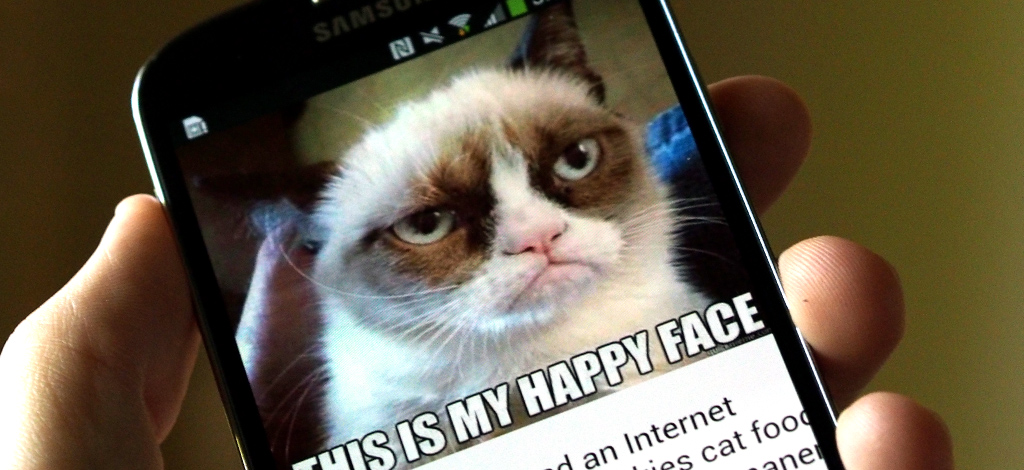

02
Just how famous is "internet famous"?
Have you liked my Facebook page? Have you followed me on Instagram, circled me on Google+, followed me on Twitter, given me my own hashtag — and, maybe most important, have you subscribed to my YouTube channel?
No? What's wrong with you? I'm kind of a big deal.
The Internet has put everyone on a level playing field insofar as it's possible for anyone to have their say. That doesn't mean that you (or I) actually have something worth saying, it's just extremely easy to broadcast it. YouTube and the increased importance of social networking platforms mean you can get your message out nearly instantly — if not live.
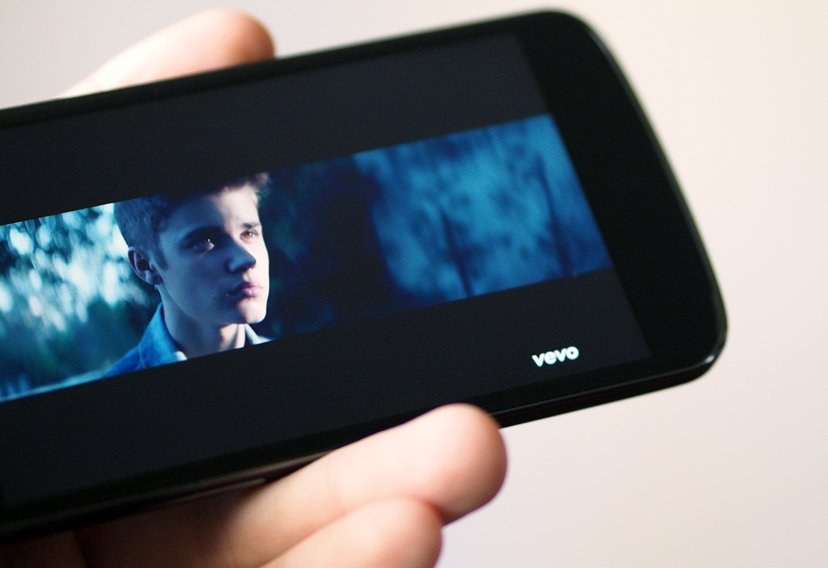
Blame Canada
At the tender young age of 14, the YouTube videos of Canadian Justin Drew Bieber drew the attention of American talent manager Scooter Braun in 2008. After arranging for Bieber to meet with singer-songwriter Usher, Bieber was whisked off to Hollywood and international stardom.
From his YouTube launchpad Bieber rocketed onto the Billboard charts with his first album My World, followed by another album, 130-show world tour - all in just two years. Between multiple chart-topping records and Grammy nominiations, Bieber's accumulated a Twitter following of over 40 million. His rapid rise to fame at such a young age hasn't been without trouble, as Bieber has struggled to balance his public image and being a typically rebellious teenager, but with several million dollars at his disposal.
What you have to say is important, if for no other reason that it's important to you. But maybe, just maybe, it'll be important to someone else as well. You'll start building a following. And one by one, maybe you'll become "Internet famous." That is to say, folks you've never met — and perhaps will never meet — will come to "know" you. They'll start to care about who you are and what you have to say.
You're now "Internet famous."
How famous is that? On one hand, it's a quantifiable number. You can look at your reach and follower counts and put some sort of net worth on your newfound fame. If you're doing well enough, that's exactly what potential advertisers will do.
It's important to remember that despite how far the Internet reaches, it's still a bubble.
But it's also important to remember that despite how far the Internet reaches — which is pretty much everywhere, right? — it's still a bubble. A big bubble, sure, but also a uniquely personal bubble. Think of the most "Internet famous" person you can. Then go ask your friends and family — outside of your personal Internet bubble — if they've ever heard of that person. Chances are you'll see the bubble's effects. "But, but … it's CrackBerry Kevin! How can you not know him?" Easy: it's the bubble.
That's not to say that what's in the bubble isn't important, interesting, or entertaining. And anyone who's the least bit "Internet famous" — and the least bit truthful — will tell you that it's fun to be recognized. It's fun to see yourself on the screen. There's a bit of narcissism in all of us.
But it's just as important, interesting and entertaining — more so, maybe — to remember that there's life outside of the "Internet famous" bubble. Be sure to visit every now and then.
Talk Mobile Survey: Mobile You
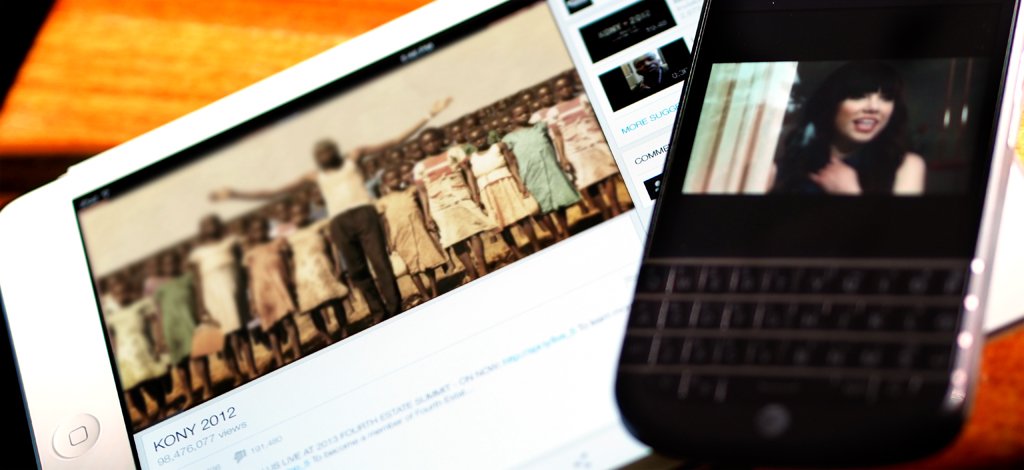

03
So you're internet famous. Now what?
Congratulations, you're internet famous! You've racked up a million Twitter followers, hundreds of thousands of hearts on Instagram, a few million Facebook likes, and even have the President of the United States as a second degree connection on LinkedIn. You've made it, and I couldn't be more proud of you.
Now how do you leverage all of this fame and acclaim into something you can actually use? Sure, having people talking about you around a watercooler on the other side of the globe because of something you posted will make you feel awesome (and frightened at the responsibilities and complications of your newfound fame), but self esteem won't put a roof over your head.
Being the subject of watercooler chatter will make you feel awesome, but self esteem won't put a roof over your head.
You need to take that internet famousness and leverage it into cold hard cash. Money, baby. There are two basic routes to go about it, and some of it depends on the kind of internet fame you've achieved. You can make a job out of it, or you can advertise against it.
The most recent example that comes to mind is that of Marina Shifrin. She quit her job at an animation firm by dancing through the office at 4-in-the-morning to Kanye West, and posting it on YouTube for all to see. The video went "viral", and soon enough Shifrin found herself accepting a job offer from Queen Latifa on national television.
Other bits of accidental fame, like Tardar "Grumpy Cat" Sauce have seen their fame pivoted into books and calendars and other branded media. There's even a Grumpy Cat movie in development, which hopefully will be better than that last Garfield (the original grumpy cat) film.
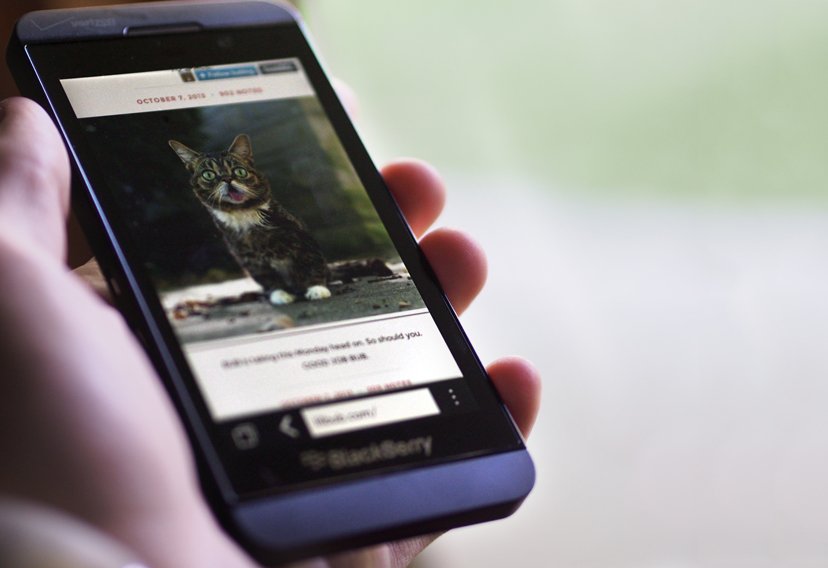
Bub the dwarf cat
Born as the runt of the litter of a feral mother, Lil Bub was afflicted with numerous genetic maladies, including dwarfism, a deformed toothless jaw, bone-hardening osteopetrosis, and polydactylism. But those traits made the cat difficult to care for also made her irrepressibly cute, and led to her adoption by Mike Bridavsky in 2011.
Bridavsky posted photos of Lil Bub to Tumbler shortly after the adoption, which then took off after being reposted onto Reddit. Lil Bub headlined a 2013 documentary on internet cats that debuted at the Tribeca Film Festival, and Bridavsky has launched a line of branded merchandise around her with much of the profits going to animal rescue groups.
But if your internet fame isn't of the fleeting type, and you think it's the sort of thing you'd like to do for a living, that can be arranged. You'll just have to sign on some advertisers.
Look, I get it, advertising's not great. You didn't get internet famous by shilling for Gillette or Purina, but you'd also be incredibly lucky if you made enough off of your YouTube views and Google AdSense banners on your blog to make a decent living.
Advertising is what makes the internet go 'round, and when it's done right it isn't the worst thing in the world. Try a sponsorship, or maybe go tongue-in-cheek.
It's either that or get a real job. Ewww.
If you were internet famous, what would you do?
876 comments
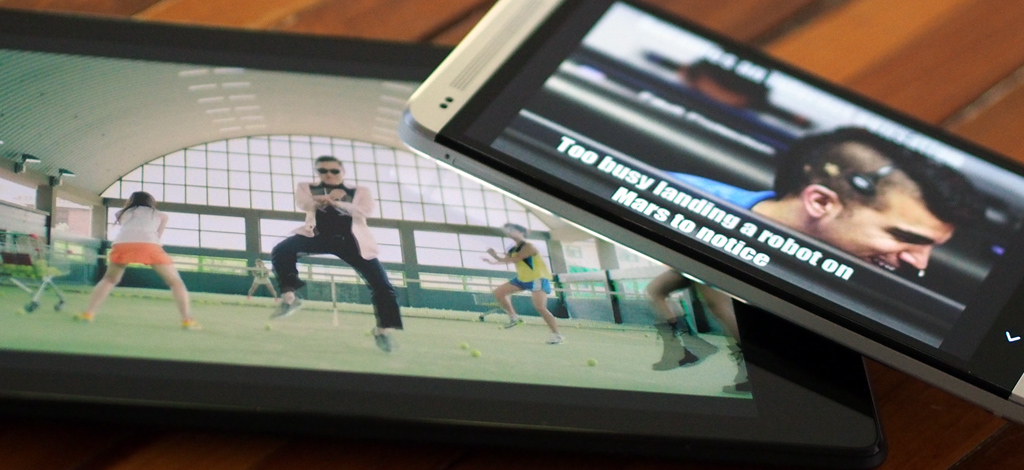

04
Fanning the flames: Not all internet fame is good fame
Your best moment. The worst day of your life. Caught on video. Splashed across the internet. Overnight you go from someone nobody knows, to someone everybody is talking about. Your name is everywhere. Viral on YouTube. Trending on Twitter. A million likes and shares on Facebook. Spilling over onto mainstream media. Headlining TMZ. Your glory. Your shame. Your fame.
Everywhere.
If you saved someone from a burning building, if you performed some ridiculous stunt, if your voice or countenance simply took the world's breath away, then maybe you'll enjoy tremendous acclaim, support, and celebrity. At least at first. With fame comes attention. With attention, everything is laid bare. Every past transgression, every past association, every past remark, all of it will get out. All of it will become famous.
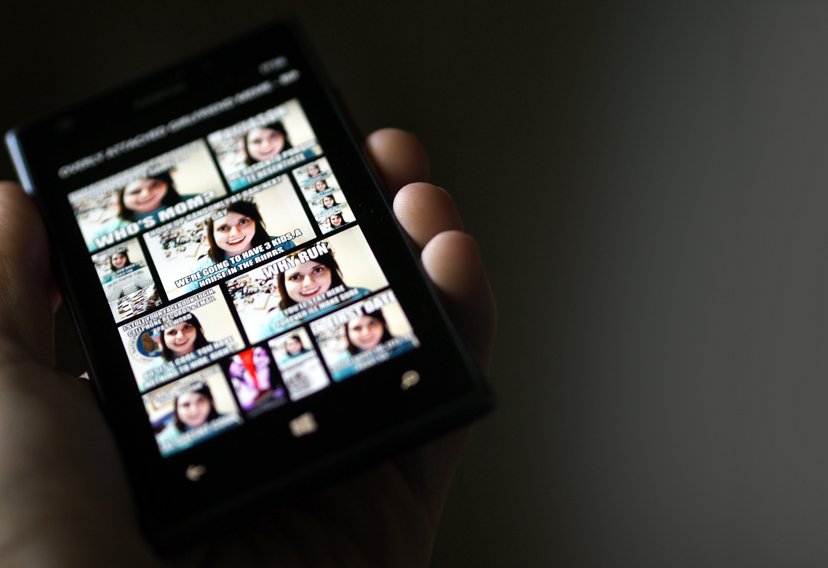
Overly Attached
Most memes came about unintentionally, as was the case with 21-year-old Texan Laina Morris in 2012. She uploaded a "Girlfried" parody to YouTube countering Justin Bieber's "Boyfriend" song. Morris' lyrics satirized Bieber's song, but it was the visual of her staring grinning with wide-eyes to start the video that ignited the "Overly Attached Girlfriend" meme, originating on Reddit, of course.
Morris harnessed her new internet fame as the "OAG" and began releasing in-character videos on a nearly weekly basis, parodying modern entertainers like Carly Rae Jepsen (herself an internet hit), Drake, Ke$ha, and Taylor Swift. In less than two years she's accumulated more than 850,000 subscribers with over 100 million total views.
If you made a sex tape, if you ruined a relationship, if you made an intolerant diatribe, if you ruined a reputation, if your words or deeds set the world aflame, then maybe you'll be subjected to anger, vilification, and infamy. But even then, attention follows. Boy or girl makes good. Everyone loves a redemption story. Almost as much as the fall from grace.
From the Star Wars Kid to Chocolate Rain to any of a bevy of mistresses and boy toys, from acts of bullying to acts of heroism to any of a million acts of simple, gross spectacle, accidental online fame has consequences terrific and terrible, and seldom is it completely one or the other.
Accidental online fame has consequences terrific and terrible, and seldom is it completely one or the other.
Mostly, it's fleeting. Today's meme, shared and ridiculed, gives way to tomorrow's, and feeds the endless appetite of a depraved social media business and lecherous society in equal parts. Careers could be made, lives could be ruined, and the next day again the same as the last.
In generations past your glories and your shames were private, your scandals and victories known perhaps only to a small town, your affairs, even if your office was the highest in the land, were but the barest of winks and whispers.
Now everything is broadcast. Everything is everywhere. Everyone is everywhere. Consequences that you and you alone faced, or just your family, or just your town, are now played out across the internet.
Every action no longer has an equal and opposite reaction. It has the potential for billions of them.

Once something is on the internet, you're no longer a person. You become an entity.
Georgia / Host, ZEN & TECH
Why is it so much easier to be hostile and rude online?
876 comments
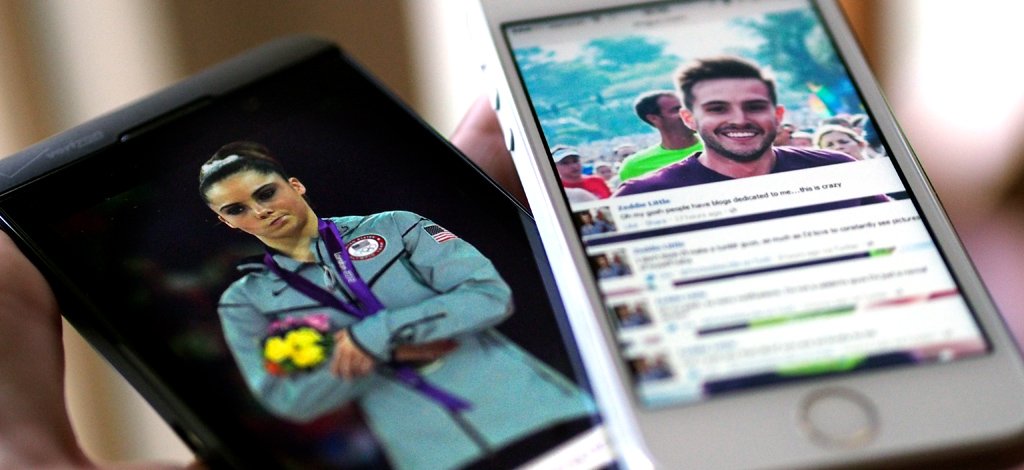
CONCLUSION
Turns out, internet famous really is a thing. Our hyper-connected infinite-cog social machine can just as easily elevate you to untold heights as it can smash you into the ground without a care for anything else you've ever done. It's a tool, one that's both dangerous and thrilling, one that when used properly can bring you both fame and fortune.
For the photographer, finding fame can require stepping out of your comfort zone and embracing tools that are designed for the average consumer. As they say, you have to go where the people go. But at the same time, you have to be careful that it's not just the image that's getting famous. The easily-shared nature of the internet is a tricky proposition for monetizing media.
If you've achieved internet fame, it is something you can leverage into an income, but you'll either have to bust your butt creating and hustling merchandise, or you'll have to accept the reality that is advertising and sponsorship.
All of that's assuming that the fame doesn't get to you. Sudden overnight fame can be a shock, especially if you're an unlucky target of the internet's vilification machine. You have to take it all into stride, and not read the comments on YouTube.

